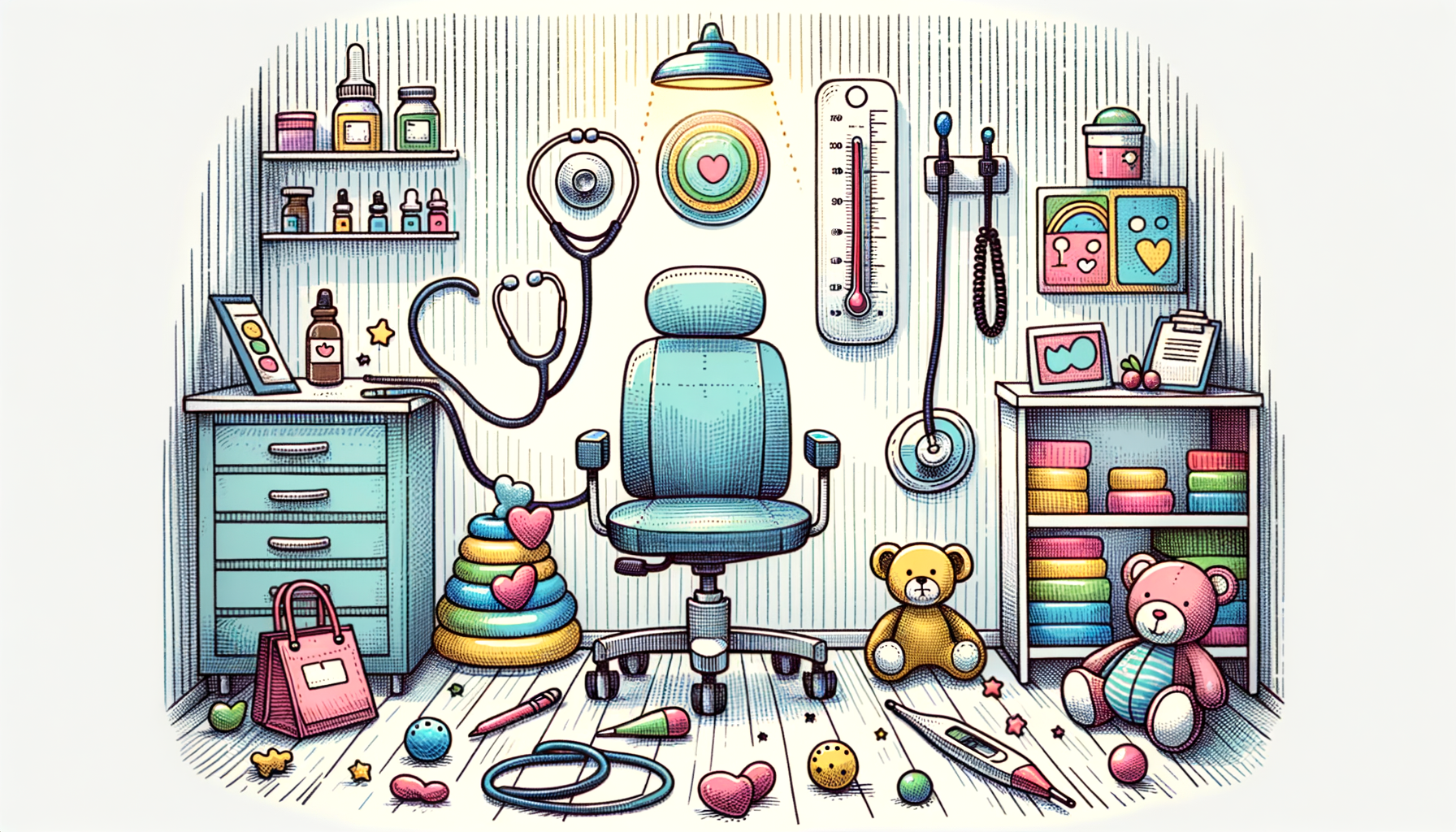Choosing a career as a paediatrician offers a unique opportunity to make a profound impact on the health and well-being of children from infancy through adolescence. This role is not only about medical expertise but also about compassion, communication, and dedication to nurturing young lives. For job seekers interested in healthcare, understanding the paediatrician profession can open doors to a rewarding and dynamic career path that combines science, empathy, and continuous learning.
Understanding the Role of a Paediatrician
The role of a paediatrician is crucial in healthcare organizations and industries focused on child health and development. Paediatricians contribute significantly to ensuring compliance with health standards, promoting safety in medical treatments, and enhancing the overall efficiency of healthcare delivery. Their work supports the growth and healthy development of children, which is foundational to society’s future.
- Conducting thorough physical examinations and diagnosing childhood illnesses.
- Developing treatment plans and prescribing medications tailored to young patients.
- Monitoring growth and development milestones to identify potential health issues early.
- Providing immunizations and preventive healthcare advice to families.
- Collaborating with other healthcare professionals to ensure comprehensive care.
Continuous learning and professional development are vital in this field to keep up with medical advancements and evolving healthcare protocols, ensuring the best outcomes for young patients.
Key Skills and Qualifications for a Paediatrician
Paediatricians play an essential role in diagnosing, treating, and preventing illnesses in children, requiring a blend of technical expertise and compassionate care. They must possess a medical degree with specialized training in paediatrics, strong analytical skills to interpret diagnostic tests, and excellent communication abilities to interact with children and their families effectively. Key responsibilities include managing acute and chronic conditions, advising on nutrition and safety, and supporting emotional and developmental needs. Career growth in paediatrics often involves subspecialization or leadership roles in healthcare settings, reflecting the evolving nature of child healthcare and the demand for skilled professionals.
- Medical degree and paediatric residency certification
- Proficiency in clinical assessment and diagnostic techniques
- Strong interpersonal and communication skills
- Ability to manage emergencies and chronic conditions
- Commitment to ongoing education and research
Technical and Analytical Skills
Technical skills for paediatricians include proficiency in using medical instruments, interpreting laboratory results, and applying evidence-based treatment protocols. Analytical skills are critical for diagnosing complex conditions, evaluating patient histories, and making informed decisions quickly. These competencies ensure accurate assessments and effective interventions, which are essential for safeguarding children's health.
Experience and Industry Knowledge
Experience and Skills Required for a Paediatrician
To excel as a paediatrician, candidates must have completed rigorous medical training and gained hands-on experience through internships or residencies focused on child healthcare. Core tasks include diagnosing illnesses, managing treatment plans, and providing preventive care. Achievements such as successful management of complex cases or contributions to paediatric research can enhance a candidate’s profile. Essential soft skills include empathy, patience, and teamwork, which facilitate collaboration with families and healthcare teams, ensuring holistic care and professional effectiveness.
- Completion of accredited medical school and paediatric residency
- Experience in clinical settings with diverse paediatric populations
- Strong communication and interpersonal skills for patient and team interaction
Top Employers for Paediatricians Worldwide
Knowing the top employers for paediatricians globally is important for job seekers aiming to find reputable organizations that offer career growth, professional development, and a supportive work environment. These employers often lead in medical innovation, provide comprehensive benefits, and maintain high standards of patient care, making them attractive destinations for paediatricians.
- Johns Hopkins Children’s Center (USA) - Renowned for its cutting-edge research and comprehensive pediatric care.
- Great Ormond Street Hospital for Children (UK) - A leading center for pediatric specialties and complex care.
- Boston Children’s Hospital (USA) - Known for its pioneering treatments and extensive research initiatives.
- SickKids Hospital (Canada) - Offers world-class care and is a leader in pediatric research.
- Royal Children’s Hospital Melbourne (Australia) - Provides exceptional care and is a hub for pediatric education and research.
Frequently Asked Questions
- What qualifications do I need to become a paediatrician?
You need to complete a medical degree followed by a paediatric residency program and obtain relevant licensing and certification. - How long does it take to become a paediatrician?
Typically, it takes around 10 to 12 years, including undergraduate studies, medical school, and residency training. - What are the main challenges faced by paediatricians?
Challenges include managing emotional stress, dealing with critically ill children, and staying updated with medical advancements. - Can paediatricians specialize further?
Yes, paediatricians can subspecialize in areas like neonatology, paediatric cardiology, or paediatric oncology. - What skills are most important for success in paediatrics?
Key skills include strong communication, empathy, analytical thinking, and the ability to work under pressure.
Conclusion
Embarking on a career as a paediatrician offers a meaningful path dedicated to improving children's health and supporting families. This profession demands a solid foundation of medical knowledge, technical skills, and emotional intelligence. With continuous learning and experience, paediatricians can advance their careers while making a lasting difference in the lives of young patients worldwide.






